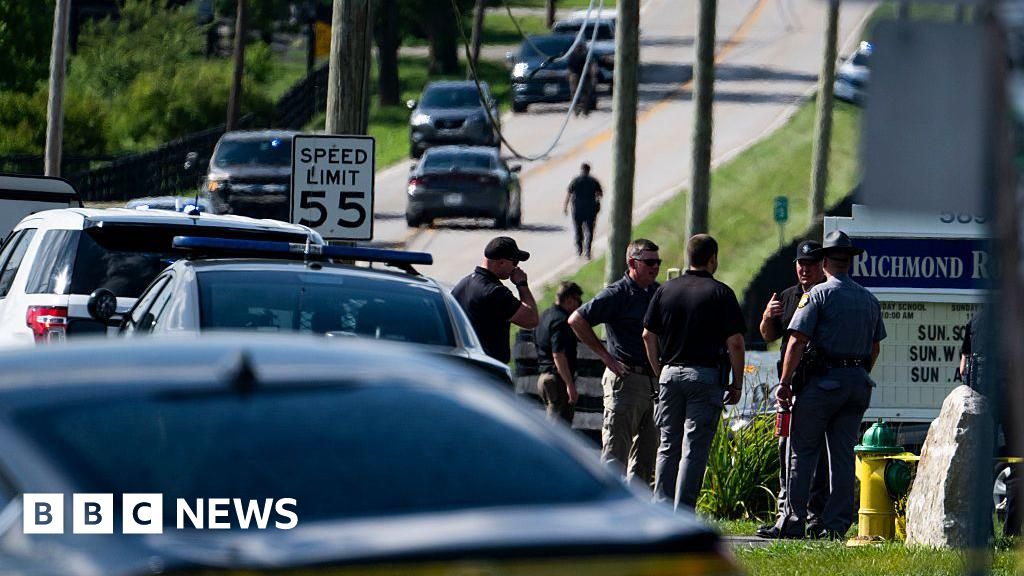Tragic Shooting Leaves Community in Shock and Mourning
Introduction
On Monday, a tragic shooting occurred at a midtown Manhattan office building, leaving multiple people dead. The incident, which took place in a bustling business district, has left the community in shock and mourning. The shooting involved an off-duty New York City police officer, adding to the sense of loss and devastation.
Key Details
According to officials, the shooting took place in the late afternoon, interrupting the busy workday and causing chaos and panic. Witnesses reported hearing gunshots and seeing people flee the building in a state of fear and confusion. Emergency services quickly arrived on the scene, trying to save as many lives as possible.
The shooter has been identified as a disgruntled former employee of a company within the building. This tragic event has once again raised questions about workplace safety and the importance of addressing mental health issues in the workplace. It also serves as a reminder of the bravery and sacrifice of our law enforcement officers.
Impact
The shooting has had a profound impact on the community, with many people feeling a deep sense of loss and grief. The incident has also sparked conversations about gun control and the need for stricter regulations. As the investigation continues, our thoughts go out to the families and loved ones of those affected by this tragedy.
About the Organizations Mentioned
World Health Organization
The World Health Organization (WHO) is a specialized agency of the United Nations, established in 1948, with a mandate to promote global health, coordinate international responses to public health threats, and set standards for health policies and interventions[2]. Headquartered in Geneva, Switzerland, WHO operates in over 150 countries, working with governments, NGOs, and other partners to advance health equity, strengthen health systems, and respond to health emergencies. ## What WHO Does WHO’s core activities include monitoring global health trends, setting international health standards, providing technical assistance to countries, and serving as a forum for scientific and policy discussions on health issues[2]. The organization publishes influential reports such as the annual **World Health Statistics**, which tracks progress toward Sustainable Development Goals (SDGs) and provides a global “health report card”[1][8]. WHO also maintains the Model List of Essential Medicines, guiding countries on which drugs are most critical for public health[7]. In addition, WHO leads global campaigns on issues ranging from infectious disease eradication to noncommunicable diseases (NCDs), maternal and child health, and health emergencies[2][6]. ## History and Key Achievements WHO’s history is marked by landmark achievements, including the eradication of smallpox, near-eradication of polio, and the development of an Ebola vaccine[2]. The organization played a pivotal role in responding to the COVID-19 pandemic, coordinating global research, vaccine distribution, and public health guidance. In May 2025, WHO member states adopted the world’s first **Pandemic Agreement**, a historic step to improve international coordination and equity in future health crises[4]. WHO also spearheads initiatives like the Triple Billion Targets (healthier lives, universal health coverage, and protection from health emergencies) and technical policy packages targeting tobacco, alcohol, salt, and trans fat reduction[1][2]. ## Current Status and Notable Aspects WHO is currently implementing its **Fou


















